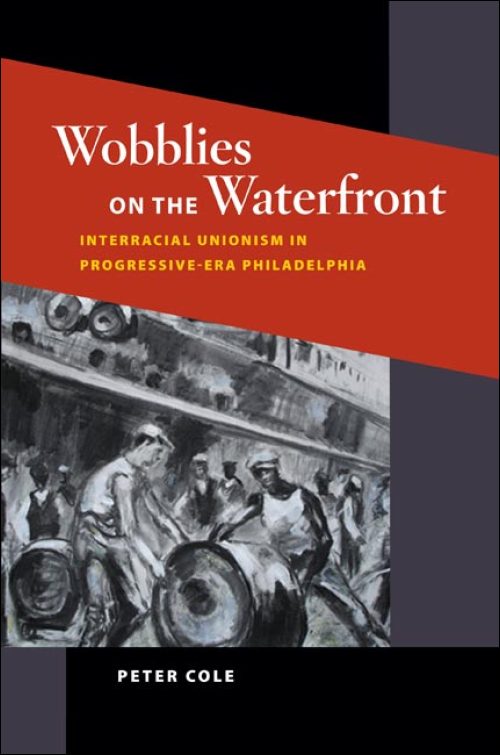online Audio: Worker Self-Management in Comparative Historical Perspective

"New Voices in Labour Studies" took place in Montreal for its 2012 edition. All English and French presentations of that two days of critical presentations and discussions are available for listening online. "Worker Self‐Management in Comparative Historical Perspective" by Kritin Plys from Yale University opens reflexion on common and different historical aspects of last decades' experiences of workers taking over factories in countries all around the world.
New Voices in Labour Studies is a very interesting event that provides a forum for new critical labour scholars. Everyone has now the chance to listen online to what has been said and to the discussions that followed!
On the second day of this bilingual two days of discussion and talks, Kristin Plys from Yale University Sociological Department talked about Worker Self‐Management in Comparative Historical Perspective. There’s an abstract down here that summarizes what you’ll listen.
Since us wobblies aim at building a society where workers have taken over the means of production and run them with direct control, this conference is a very good perspective on recent cases where workers made first steps of that ambitious project.
This study could for sure help us to know more how we can achieve that ultimate goal, if we can bring an industrial unionism perspective and how we can prepare ourselves to fight against cooptation and/or repression by capitalist and socialist states. If you want to share what you think about it, write it in the comment section!
Listen to Worker Self‐Management in Comparative Historical Perspective conference online here!
(it starts after 45 seconds of a quick presentation in French)Question period that follows also concerns other presentations that took place in the same block
———————
Abstract
In 2001, with the financial collapse of the Argentine economy, worker self-‐management was seen as a strategy to keep jobs and maintain wages in the midst of a financial downturn. Worker self-‐management spread across South America involving 30,000 workers, and in Venezuela alone, 1200 workplaces. Worker self-‐management succeeded in providing higher wages for workers and higher profits for firms, but these enterprises were forcibly privatized by the state.
Worker self-‐management is not historically unique. Throughout the 20th century there is evidence of worker self-‐management across the world. In most of these cases, worker self-‐management is profitable and provides good wages, but in every instance, workplaces are nationalized or privatized.
The scholarship on worker self-‐management typically addresses a single case, and therefore, fails to capture the whole picture over geographic space and historical time. To understand the outcomes of worker self-‐management, we need to look at worker self-‐management in comparative historical perspective. By comparing 20 cases of worker self-‐management, I examine the mechanism behind its termination in the periphery and semi-‐periphery, where worker self-‐management has its greatest positive impact and greatest structural constraints.
In both market and socialist economies worker self-‐managed firms were either privatized or nationalized. Worker self-‐management ends, I argue, because it conflicts with the role of state and therefore is perceived as a threat to political power.
I examine the reasons for state intervention in each case and find three reasons for the state termination of worker self-‐management:
1) to control labor,
2) to appease capital,
3) threat of financial failure.
I conclude that worker self-‐management provides important insights about the capitalist state in the global south and it relationship to labor.









